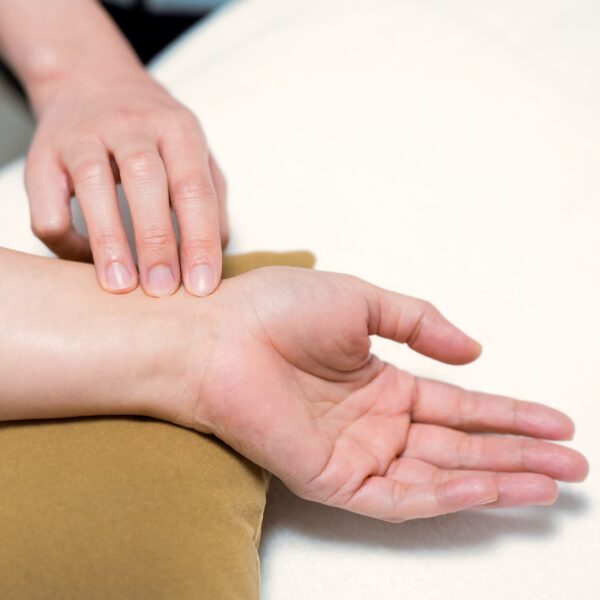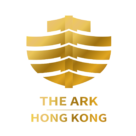
TRADITIONAL CHINESE MEDICINE (TCM)
Traditional Chinese Medicine (TCM) is based on Eastern culture and philosophy as it relates to the five elements, the flow of blood and “Qi” (energy flow), and yin-yang.
The Five Elements are Wood, Fire, Earth, Metal and Water and these are used to represent and classify everything around us. Chi (Qi) is the vital force in all living entities, and yin-yang relates to two opposing halves that together create wholeness.
The goal of TCM is to bring the body into greater balance and achieve a peaceful way of being as a means to heal sickness. It takes a holistic approach and is tailored specifically to each individual. General practice of TCM includes full diagnosis and various therapies such as acupuncture treatment, cupping treatment and TCM herbal formulas.
The benefits of Traditional Chinese Medicine may include:
Diagnosis and Assessment: TCM diagnosis includes four main modes of determining a patient’s condition: inspection of face, posture and tongue; asking about pain and lifestyle habits; listening to and monitoring sounds and smells; and taking the pulse and performing palpation.
Treatment Modalities:
- Herbal Medicine: Chinese herbal medicine uses natural substances, the majority of which are plants, and a small minority of minerals and animal products. It restores balance and promotes healing. Herbal formulas are tailored to the individual’s specific needs.
- Acupuncture: Acupuncture involves inserting thin needles into specific points on the body. It stimulates the flow of Qi and restores balance. These acupuncture points are located along meridians or pathways through which Qi flows.
- Cupping Therapy: Cupping therapy involves placing cups on the skin and creating a vacuum or suction effect. This suction is typically created by using heat to create a vacuum inside the cup.
Individualised Approach: Traditional Chinese Medicine (TCM) takes into account the uniqueness of each individual. It aims to treat the underlying causes of illness, rather than just the symptoms. Treatment plans are tailored to the individual and constitution as well as their specific patterns of disharmony and specific health concerns.
Prevention and Wellness: Traditional Chinese Medicine (TCM) emphasises preventive measures and overall well-being. It encourages individuals to adopt a balanced lifestyle. This includes proper nutrition, regular exercise, stress management and emotional well-being.
Traditional Chinese Medicine (TCM) is often used to address a wide range of conditions related to the total body system, including digestive disorders, respiratory issues, pain management, stress-related conditions and many others. Traditional Chinese Medicine (TCM) is a complex system of medicine that has its own theories and diagnostic methods. These may differ from Western medical approaches.
FAQ: Traditional Chinese Medicine (TCM)
The main treatment modalities in Traditional Chinese Medicine (TCM) include acupuncture, cupping therapy, herbal medicine and lifestyle recommendations.
Acupuncture involves the insertion of thin needles into specific points along the body’s meridians to stimulate or regulate the flow of Qi (vital energy) and restore balance in the body. It is believed to help relieve pain, promote healing, and regulate various physiological functions.
Herbal medicine in Traditional Chinese Medicine (TCM) involves the use of natural substances such as plants, minerals, and animal products to address imbalances and promote healing. Herbal formulas are typically prescribed based on an individual’s specific symptoms and constitution.
Traditional Chinese Medicine (TCM) diagnosis involves a comprehensive assessment of the person’s overall health, including physical, emotional, and lifestyle factors. Our Chinese medicine practitioner uses techniques such as observation, palpation, questioning and pulse and tongue examination to identify patterns of disharmony and determine an appropriate treatment approach.
Yes, Traditional Chinese Medicine (TCM) can be used alongside Western medicine. Many people choose to integrate Traditional Chinese Medicine (TCM) with conventional medical treatments to complement their healthcare. It is important to communicate and coordinate with healthcare professionals from both disciplines to ensure safe and effective care.
Traditional Chinese Medicine (TCM) is used to address a wide range of acute and chronic conditions, including digestive disorders, respiratory issues, pain management, stress-related conditions, chronic fatigue, fertility issues, and more.
Traditional Chinese Medicine (TCM) treatments are generally considered safe when administered by registered Chinese medicine practitioner. However, as with any form of healthcare, there are potential risks and side effects. It is important to inform our Chinese medicine practitioner about any existing medical conditions, medications, or allergies to ensure safe and appropriate treatment.
